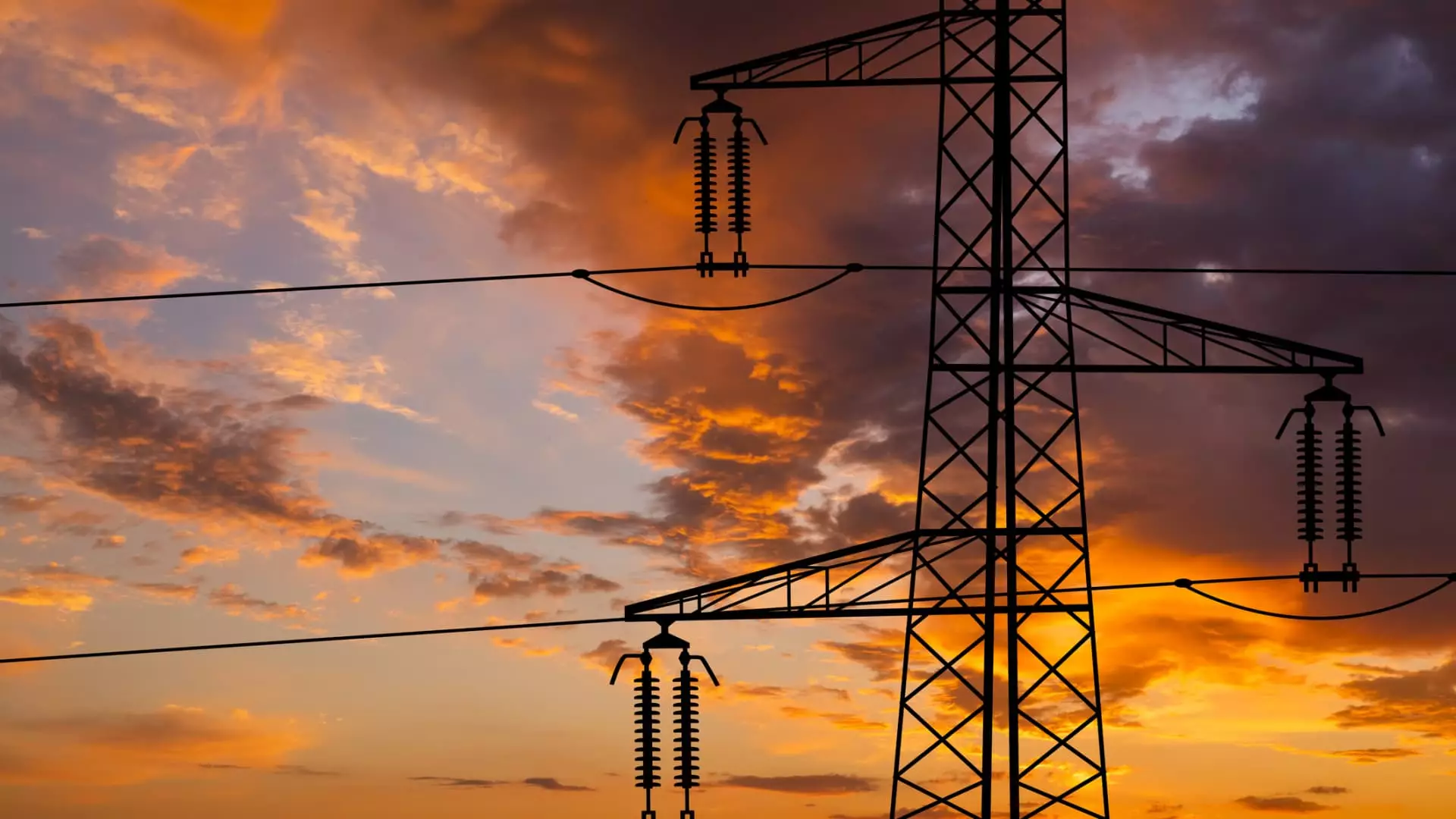On a fateful Sunday morning, the heart of Ukraine, particularly its capital Kyiv, awakened to the alarming sounds of missiles piercing the morning air. This latest onslaught represents Russia’s most significant barrage since August, a calculated move that targets vital power facilities as winter looms closer. The recent surge in strikes has left Ukrainians on high alert, anticipating an attack on the already weakened power infrastructure. Since the onset of war in February 2022, there has been growing concern over the capacity of Ukraine’s power grid to endure relentless aerial assaults.
The urgency of the situation is compounded by the impending winter, when access to electricity and heating becomes a critical need for survival. The Ukrainian Energy Minister, German Galushchenko, emphasized the gravity of the situation via social media, suggesting that the scale of the attack was not merely strategic but aimed at crippling the nation’s resilience.
As the missiles rained down, air defense systems were activated throughout Kyiv. The audible thuds and shaking of the earth served as grim reminders of the ongoing conflict. Although officials revealed that the situations in Kyiv and the surrounding regions warranted power shutdowns as a preventive measure, precise details regarding the extent of damage remained elusive. This secrecy can often be attributed to wartime strategies; revealing certain specifics could provide adversarial forces with a tactical advantage.
Violence also erupted elsewhere as reports emerged from Mykolaiv of tragic losses, reinforcing the widespread nature of the conflict. The devastation manifested not only through civilian casualties but also through significant infrastructural damage across multiple Ukrainian cities, including Zaporizhzhia and Odesa, leading to heightened distress among civilians.
The implications of this intensified assault extend far beyond the immediate impacts on infrastructure and civilian life. Foreign Minister Andrii Sybiha’s assertion that the strike is a reaction to interactions with prominent leaders underlines the political undercurrents. His pointed remarks at Chancellor Olaf Scholz only serve to highlight the fraught dynamics of international diplomacy in times of war. By launching an attack soon after a high-profile communication with Western leaders, Russia appears to be signaling defiance, asserting its military might and aiming to intimidate those engaging with the Kremlin.
Poland’s swift military response, including activating fighter jets and air defense systems, elucidates the pervasive fear that such aggression could escalate beyond Ukraine’s borders. As a NATO member, Poland’s actions reflect a fundamental concern that the conflict may spread, presenting a direct threat to regional stability and security.
Every missile that falls and every drone that flies over Ukrainian skies brings not just physical destruction but psychological terror to civilians. The fear of uncertainties during such blackouts—whether in terms of safety or access to vital resources—adds a layer of strain to the already beleaguered population. As emergency services scramble to respond to the emergencies provoked by the missile strikes, stories of resilience remain juxtaposed with tales of despair.
As Kyiv’s mayor, Vitali Klitschko, reported on incidents of structural damage to residences and injuries to civilians, it became apparent that this latest round of violence is not an isolated event but part of a protracted struggle. The reality of living under constant threat deteriorates the fabric of society, forcing individuals to grapple with the remnants of their lives amidst the chaos of war.
Looking forward, the winter season poses an additional layer of anxiety for the people of Ukraine. The ability to maintain power supplies, particularly during harsh weather, is critical for survival. The ongoing military actions, targeting energy sources, may push the nation into deeper crises as essential needs go unmet.
The latest air attacks signify more than just military aggression; they represent a complex interplay of warfare, politics, and humanity. The resilience of the Ukrainian spirit will undoubtedly be tested as it navigates the rocky path ahead, marked by a relentless quest for stability amid uncertainty.


Leave a Reply